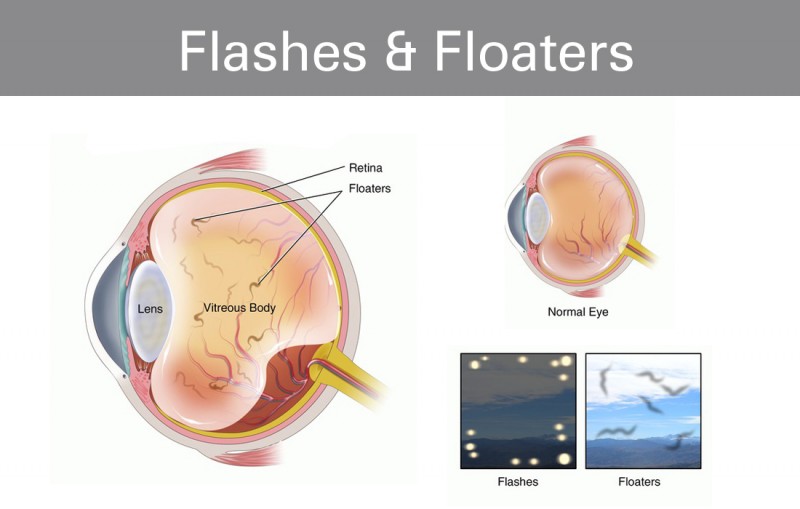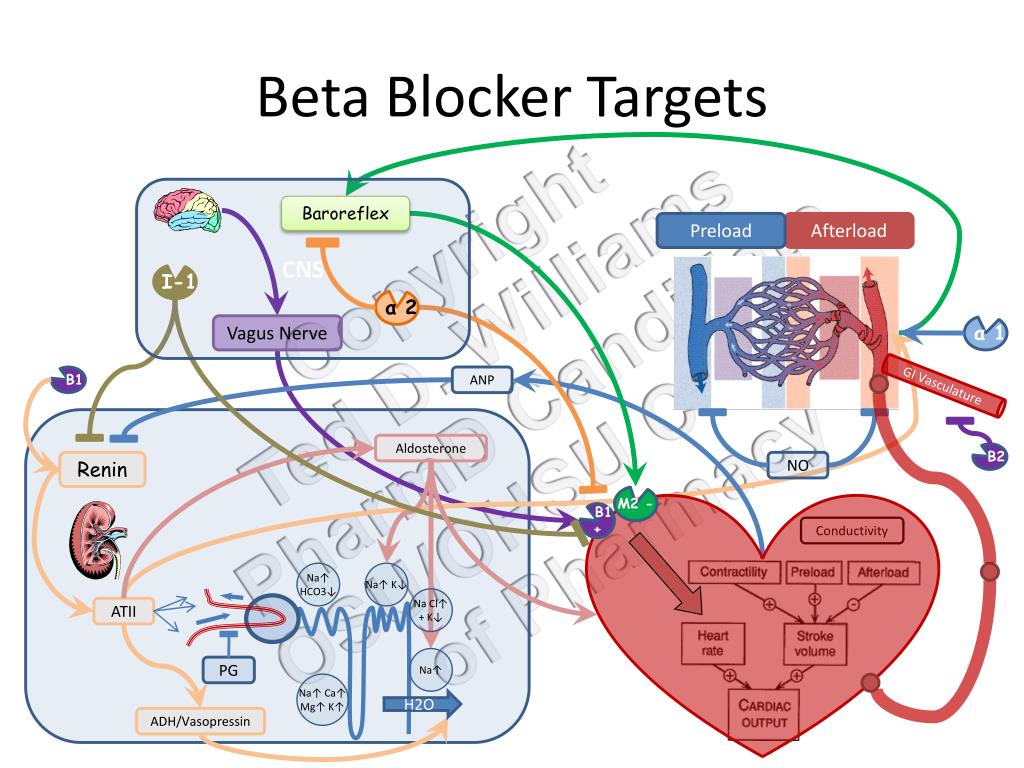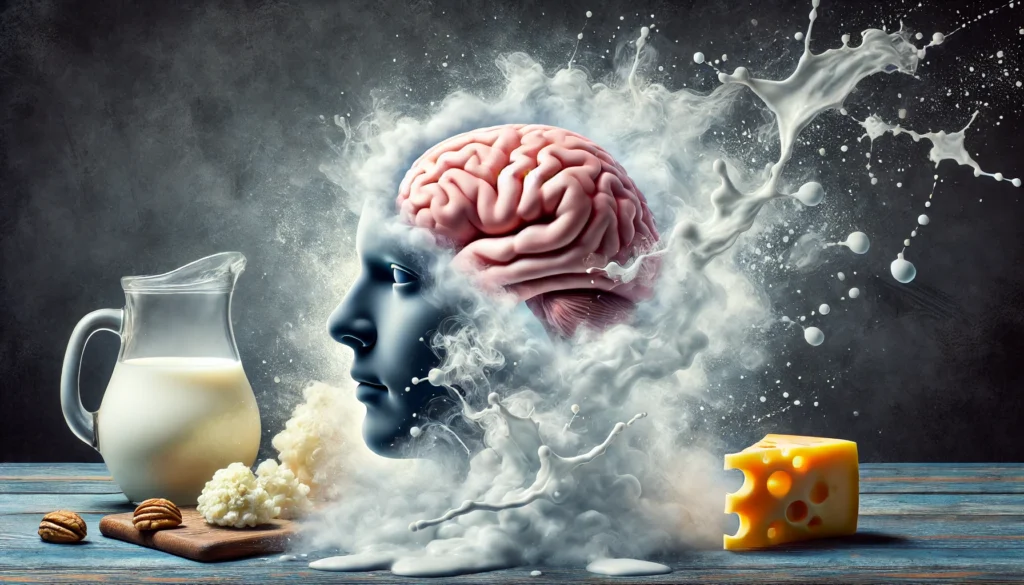Understanding Brain Fog's Impact on Daily Life

What is Brain Fog?
Brain fog, also known as mental fog, is a type of cognitive dysfunction characterized by confusion, memory issues, and lack of focus. It's a pervasive and debilitating symptom that can affect daily life, making everyday tasks feel like climbing a mountain.
Understanding Brain Fog
Brain fog is not a diagnosis in itself but rather a symptom of an underlying medical condition. It's a complex phenomenon that can manifest differently in different people, making it challenging to diagnose and treat.
Key Characteristics of Brain Fog
Some common characteristics of brain fog include:
- Confusion and disorientation
- Memory problems, such as forgetfulness and difficulty learning new information
- Lack of focus, attention, and concentration
- Difficulty with decision-making and problem-solving
- Slowed reaction times and motor function
- Mood changes, such as anxiety, depression, and irritability
Impact on Daily Life
Brain fog can significantly impact daily life, making everyday tasks feel overwhelming and exhausting. Simple tasks, such as grocery shopping or paying bills, can become monumental challenges. Brain fog can also affect relationships, work performance, and overall quality of life.
Causes of Brain Fog
Brain fog is a complex phenomenon that can arise from various factors, making it essential to understand its causes to address its impact on daily life effectively. Two primary categories contribute to the development of brain fog: external factors and underlying medical conditions.
External Factors
Brain fog can occur after an illness, as a side effect of medication, or due to other external factors such as:
- Lack of sleep or fatigue
- Poor nutrition or dehydration
- Stress or anxiety
- Certain medications, including sedatives and antidepressants
Underlying Medical Conditions
In some cases, brain fog can be a symptom of an underlying medical condition, including:
- Lyme disease: A bacterial infection caused by Borrelia burgdorferi, which can affect cognitive function and memory.
- Lupus: An autoimmune disease that can cause inflammation and damage to various body parts, including the brain.
- Multiple sclerosis: A chronic autoimmune disease that affects the central nervous system, leading to cognitive impairment and memory loss.
- Cancer treatment: Chemotherapy and radiation therapy can cause cognitive impairment and memory loss as a side effect.
Effects of Brain Fog on Daily Life
Brain fog, a debilitating cognitive phenomenon, profoundly impacts daily life, affecting individuals in various ways. Its influence extends beyond mere mental fogginess, seeping into the fabric of daily routines, relationships, and overall well-being.
Cognitive Impairments
One of the primary effects of brain fog is its impact on cognitive function. It can make it difficult to:
- Focus on tasks, leading to decreased productivity and performance
- Remember important details, appointments, or events
- Pay attention to surroundings, increasing the risk of accidents or mistakes
- Process information efficiently, hindering learning and decision-making
Emotional Turmoil
Brain fog also has a significant emotional toll, often leaving individuals feeling:
- Out of sorts and disconnected from themselves and others
- Unmotivated, lethargic, and lacking enthusiasm
- Anxious, irritable, or depressed due to the inability to cope with daily demands
- Frustrated, embarrassed, or ashamed about memory lapses or mistakes
Impact on Relationships and Daily Activities
The effects of brain fog extend beyond individual struggles, affecting relationships and daily life in numerous ways:
- Strained relationships with family, friends, and colleagues due to forgetfulness or lack of engagement
- Difficulty maintaining routines, leading to chaos and disorganization
- Reduced participation in social activities, hobbies, or interests
- Challenges in managing work or academic responsibilities
Breaking through the haze of brain fog requires understanding its underlying causes, seeking support, and implementing strategies to improve cognitive function and overall well-being.
Strategies for Managing Brain Fog
Lifestyle Changes: The Foundation of Clarity
Brain fog can be a debilitating symptom, but there are ways to manage it. One of the most effective strategies is to make lifestyle changes. Getting better sleep and eating a good diet can significantly improve brain fog. A well-rested brain and a healthy body can help increase focus, concentration, and mental clarity.
Reducing Stress: The Silent Saboteur
Stress can exacerbate brain fog, making it essential to find ways to reduce it. Engage in stress-reducing activities like meditation, yoga, or deep breathing exercises. Taking short breaks throughout the day can also help calm the mind and increase productivity.
Increasing Physical Activity: The Mind-Body Connection
Regular physical activity can help improve cognitive function and reduce brain fog. Exercise increases blood flow to the brain, boosting oxygenation and nutrient delivery. Even a short walk or some light stretching can make a difference.
Practicing Mindfulness: The Power of Presence
Mindfulness practices, such as meditation and yoga, can help improve focus and concentration. By being present in the moment, individuals can reduce mind-wandering and increase mental clarity. Start with short sessions and gradually increase duration as comfort grows.
Conclusion
Managing brain fog requires a multi-faceted approach. By incorporating lifestyle changes, reducing stress, increasing physical activity, and practicing mindfulness, individuals can improve cognitive function and regain control over their daily lives. Remember, small steps can lead to significant changes – start your journey to clarity today!
Seeking Professional Help
When brain fog becomes a persistent and disruptive force in daily life, it's crucial to seek help from a healthcare professional. If left unaddressed, brain fog can lead to further cognitive decline, emotional distress, and a decreased quality of life.
Consulting a Healthcare Provider
If brain fog persists, it's essential to consult a healthcare provider to determine the underlying cause. A healthcare provider will conduct a thorough examination, taking into account medical history, lifestyle, and symptoms to identify potential underlying conditions or factors contributing to brain fog.
Developing a Management Plan
A healthcare provider can help develop a plan to manage brain fog and improve cognitive function. This plan may include:
- Lifestyle modifications, such as stress management techniques, sleep hygiene practices, and regular exercise
- Cognitive training programs to enhance memory, attention, and processing speed
- Medications or supplements to address underlying deficiencies or conditions
- Referrals to specialists, such as neurologists or therapists, for further guidance and support
By seeking professional help, individuals can break through the haze of brain fog and regain clarity, focus, and control over their daily lives.















Comments ()